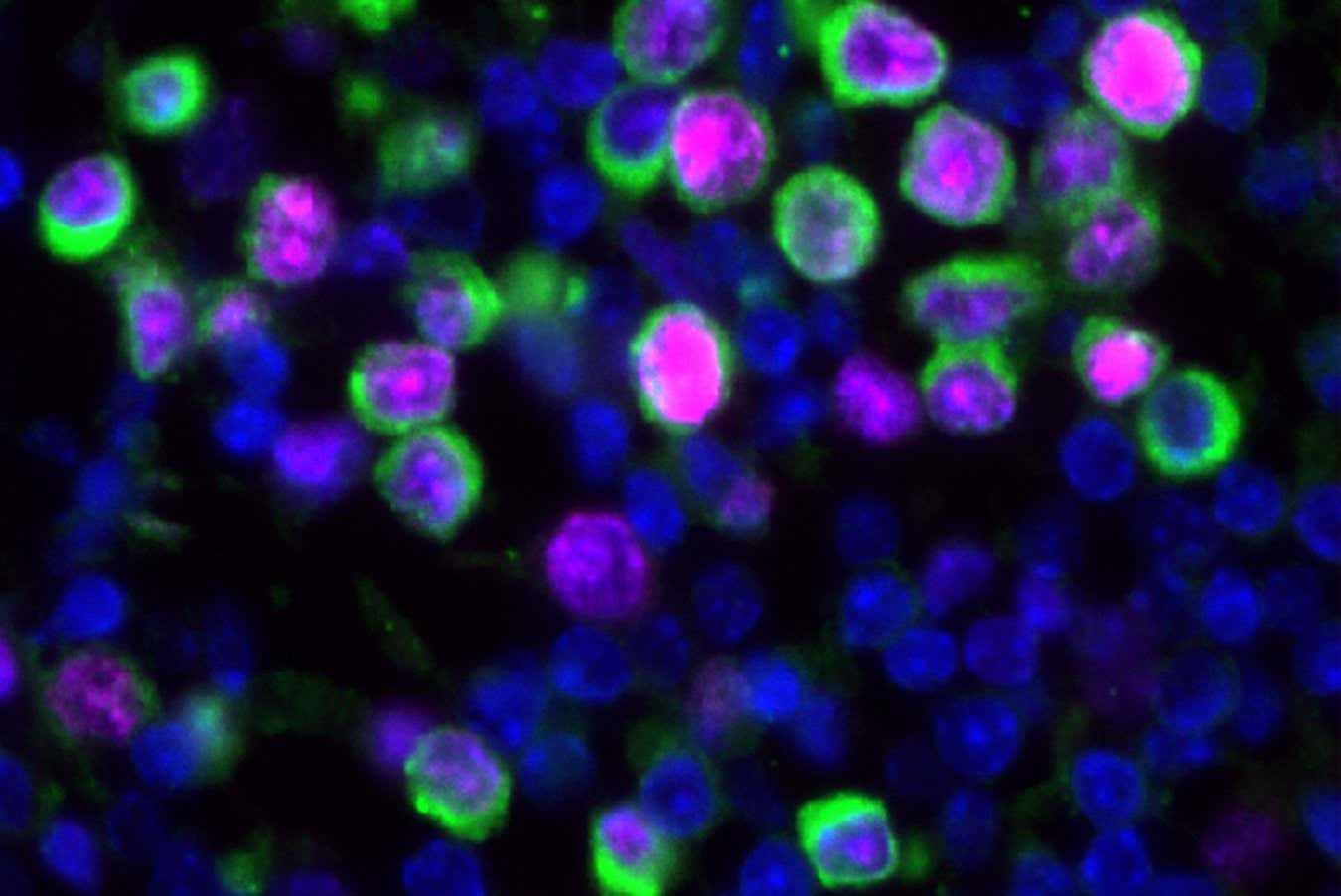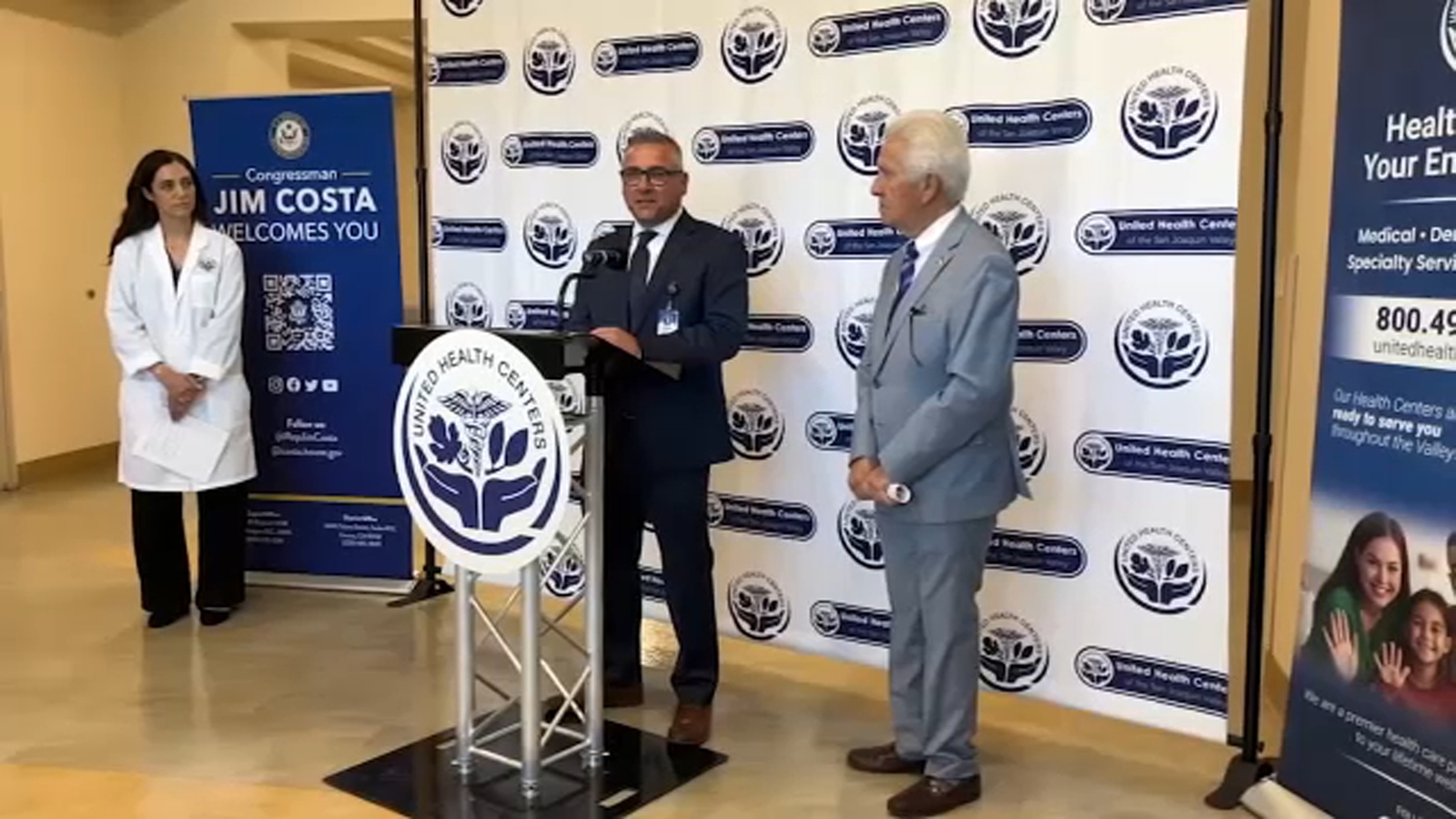Summary
Mice with a handful of cancerous cells in their lungs experienced a 100-fold increase to this number after being infected with swine flu
Source: Newscientist

AI News Q&A (Free Content)
Q1: How can Covid-19 and flu infections reawaken dormant cancer cells in the lungs?
A1: Research has shown that respiratory viral infections like influenza and SARS-CoV-2 can lead to the awakening and proliferation of dormant cancer cells in the lungs. These infections trigger an inflammatory response that causes dormant disseminated cancer cells (DCC) to lose their pro-dormancy characteristics and begin to proliferate. This response is interleukin-6 (IL-6) dependent and involves immune system interactions, particularly the role of CD4 T cells and CD8 cell responses in the lungs.
Q2: What recent studies have explored the impact of respiratory viruses on cancer cell dormancy?
A2: A 2024 study titled 'Respiratory viral infection promotes the awakening and outgrowth of dormant metastatic breast cancer cells in lungs' found that infections with influenza and SARS-CoV-2 led to a significant increase in metastatic carcinoma cells in the lungs. This study highlights the role of inflammatory responses in disrupting cancer cell dormancy and increasing cancer progression risks in survivors who contract these viruses.
Q3: What are the implications of these findings for cancer patients during the Covid-19 pandemic?
A3: The findings suggest that cancer survivors who contract Covid-19 have a higher risk of lung metastatic progression and cancer-related death compared to those who do not. This highlights the importance of protecting cancer patients from respiratory infections and monitoring their health closely if they contract such viruses.
Q4: How does the immune response contribute to the proliferation of dormant cancer cells?
A4: The immune response to respiratory infections involves cytokine production, such as IL-6, which can disrupt the dormancy of cancer cells. CD4 T cells play a role in maintaining pulmonary metastatic burdens by modulating CD8 cell responses, thereby facilitating the proliferation of cancer cells post-infection.
Q5: What role do CD4 and CD8 T cells play in cancer cell dormancy and proliferation during infections?
A5: CD4 T cells are required for the maintenance of pulmonary metastatic burden post-infection. They help in attenuating CD8 cell responses in the lungs, which is crucial for the maintenance of cancer dormancy. During infections, changes in these immune responses can lead to the proliferation of dormant cancer cells.
Q6: Are there any potential strategies to mitigate the reawakening of dormant cancer cells during infections?
A6: While specific strategies are still under research, understanding the pathways involved in the immune response to infections and targeting cytokines like IL-6 could be potential ways to prevent the reawakening of dormant cancer cells. Additionally, protecting cancer patients from respiratory infections and ensuring early detection and treatment of infections can be vital.
Q7: What does this research imply for future cancer treatments and management strategies?
A7: This research implies that future cancer treatments may need to incorporate strategies that address the risks posed by infections in disrupting cancer dormancy. It highlights the importance of integrating infection control and monitoring in the management of cancer patients, especially during pandemics and flu seasons.
References:
- COVID-19
- Respiratory viral infection promotes the awakening and outgrowth of dormant metastatic breast cancer cells in lungs
- Reduction of breast cancer relapses with perioperative non-steroidal anti-inflammatory drugs: new findings and a review
- A Cellular Automaton Model for Tumor Dormancy: Emergence of a Proliferative Switch





